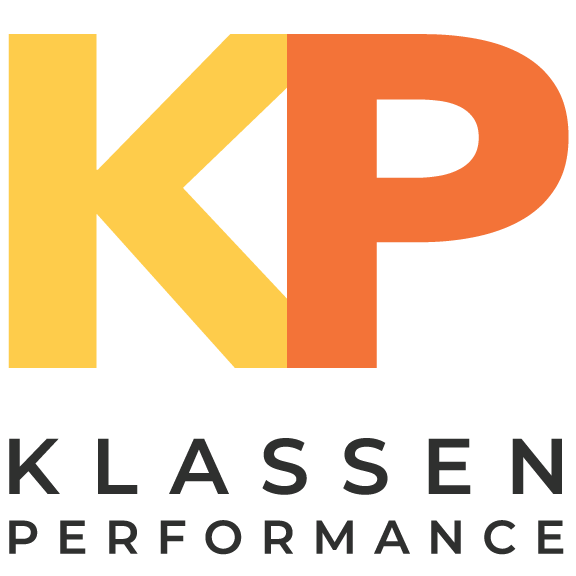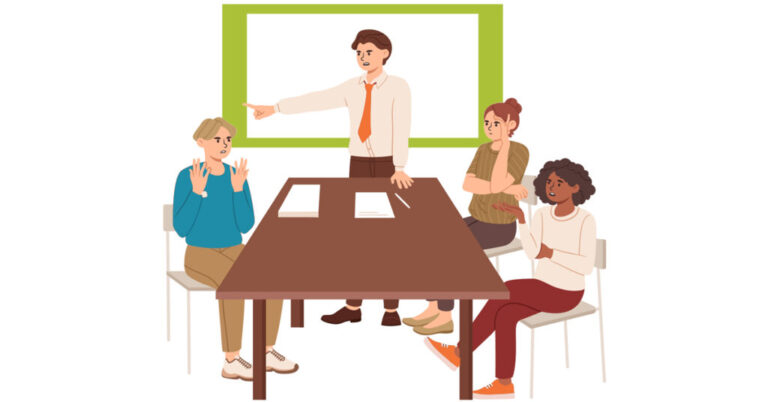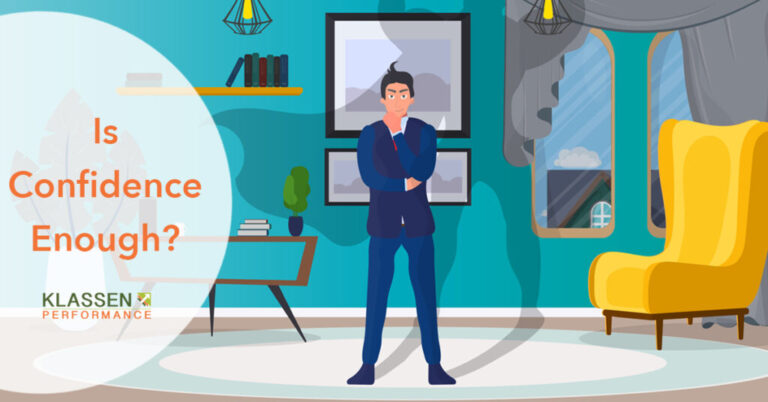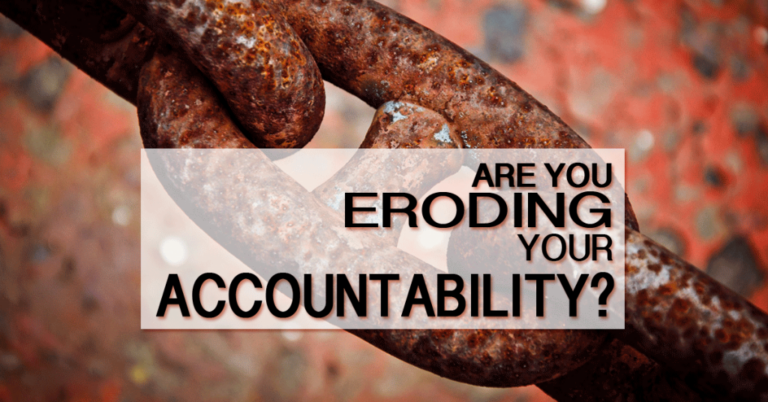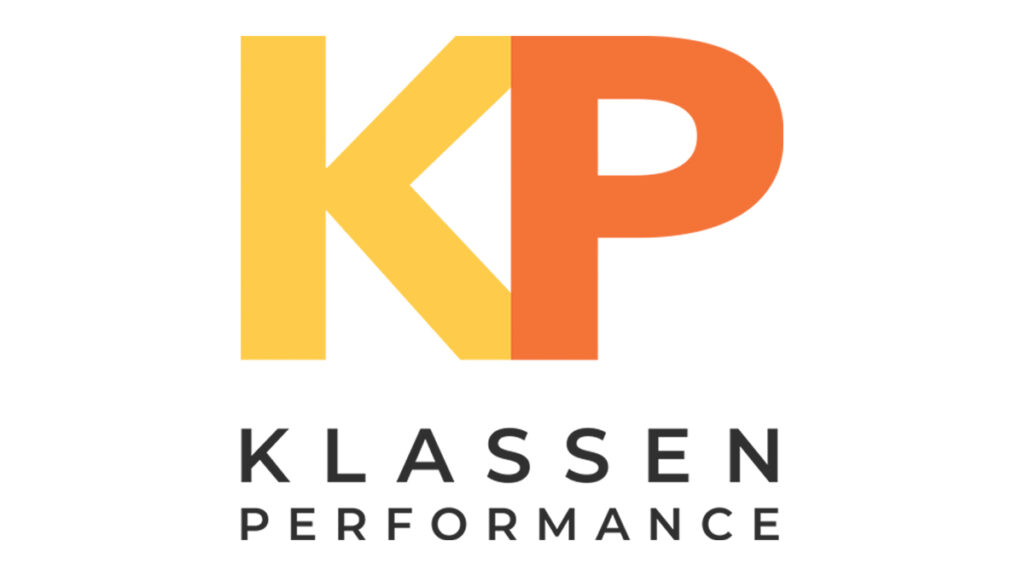
We’re drowning in information. News, opinions, data, and advice hit us from every angle—social media, meetings, emails, and industry reports.
With so much coming at us, the ability to filter through the noise and make smart decisions has never been more important. This is where critical thinking comes in.
Why Critical Thinking Matters
At its core, critical thinking is about analyzing facts, questioning assumptions, and making sound judgments. Without it, we fall into traps like making decisions based on gut feelings, incomplete data, or hidden biases. That can be costly.
Think about these common scenarios:
- A leader invests in new technology without a thorough analysis, relying solely on a vendor’s pitch instead of evaluating the risks and benefits independently.
- A hiring manager chooses a candidate based on personal preference rather than assessing skills and cultural fit.
- A team rushes to meet a client’s urgent request, only to realize later they misunderstood the need.
Each of these situations could have been avoided with stronger critical thinking. So how do you develop it?
How To Think Critically And Make Better Decisions
Like any skill, critical thinking improves with practice. Here are six ways to strengthen it.
1. Ask Questions First, Not Later
Before accepting something as fact, ask:
- Where is this information coming from?
- What evidence supports it?
- Are there missing perspectives or biases at play?
Jumping to conclusions is easy. Slowing down to question first helps you avoid bad decisions.
2. Separate Facts From Opinions
Not all statements carry the same weight. Facts are verifiable. Opinions are personal interpretations.
When making decisions at work, lean on objective data whenever possible. If someone presents an argument, ask yourself if it is based on facts or just their perspective. At the same time, consider who the opinion is coming from. Experience and expertise matter. A well-informed opinion from someone with deep knowledge or hands-on experience can provide valuable insight—sometimes even more than raw data alone. The key is to weigh both critically rather than accepting or dismissing an opinion at face value.
3. Seek Out Multiple Perspectives
One of the biggest thinking traps is confirmation bias, where we favor information that supports what we already believe.
Great decision-makers challenge their own thinking. Before finalizing a decision, ask what someone with the opposite viewpoint might say. What do they see that you don’t?
4. Don’t Just Look At The Data, Analyze It
Numbers can be persuasive, but they don’t always tell the whole story. Look deeper.
- Are the stats cherry-picked?
- Is this a trend over time or a one-off event?
- Are comparisons fair and relevant?
Being data-literate means questioning how the data is presented, not just taking it at face value.
5. Pause Before Reacting
Most bad decisions happen because they are rushed. When you feel the urge to react immediately, hit pause.
Step back. Gather more information. Play out the possible outcomes. A short delay in decision-making can prevent long-term regrets.
For example, Mark, a sales manager, noticed a spike in customer churn after a price increase. Convinced cost was the issue, he pulled his sales data, saw a correlation, and rushed to leadership recommending a price rollback. Leadership took it seriously and began discussing changes.
A week later, customer support data revealed the real issue—long wait times, not pricing. Mark’s hasty assumption wasted time and hurt his credibility. Had he gathered more data first, he could have brought leadership the right solution. The lesson? Slow down, dig deeper, and make decisions based on the full picture.
6. Recognize Your Own Biases
We all have mental shortcuts that shape our thinking. Some of the most common include:
- Confirmation bias: Looking for evidence that supports what we already believe.
- Anchoring bias: Giving too much weight to the first piece of information we hear.
- Recency bias: Prioritizing recent events over long-term patterns.
Being aware of these biases doesn’t eliminate them, but it helps you make more balanced, thoughtful decisions.
Strengthening Critical Thinking
Critical thinking leads to smarter collaboration, stronger problem-solving, and better outcomes. Leaders can encourage it by:
- Creating a culture where questioning is welcomed, not discouraged
- Valuing evidence-based reasoning over opinions
- Rewarding employees who challenge assumptions in a productive way
- Providing training in decision-making and analytical thinking
Final Thoughts
Critical thinking isn’t about being skeptical for the sake of it. It is about making better decisions in a complex world.
By questioning information, considering diverse perspectives, and relying on evidence instead of assumptions, you will avoid costly mistakes and make smarter choices at work and beyond.
No one has all the answers. The better you think, the better you decide.
